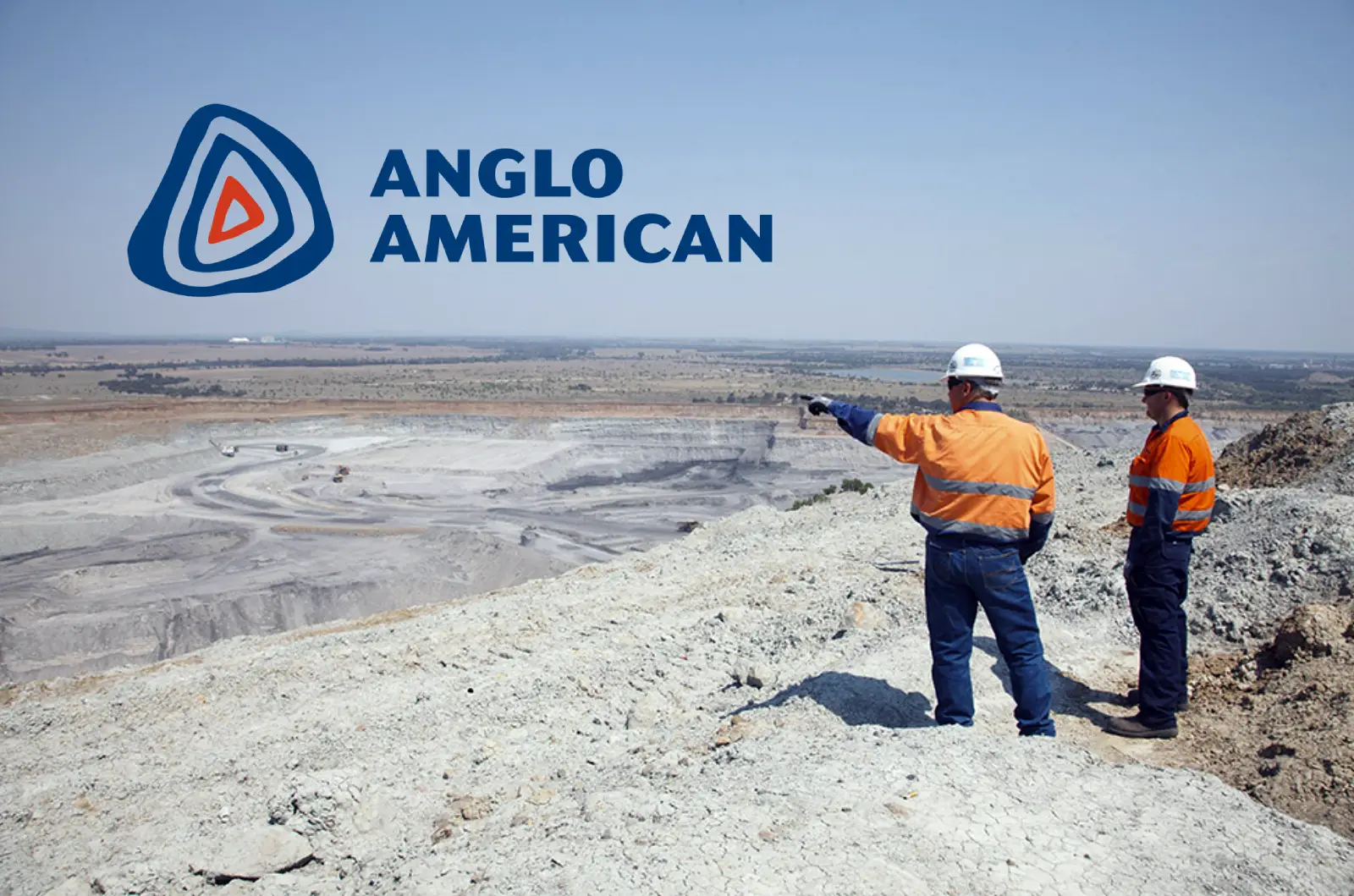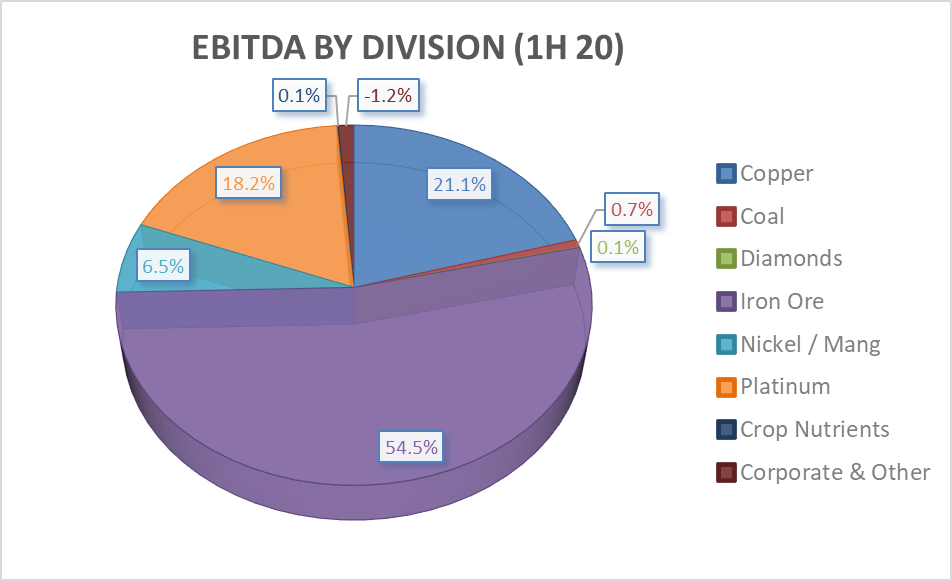The largest mining giant, BHP, has faced its second rejection in a month from its rival, Anglo American, prompting Anglo to announce plans to “restructure” its business operations and emerge as a “Copper” king.
In a massive restructuring plan, Anglo American has announced a 100% future-enabling portfolio, including 54% copper production, in products that support the energy transition, improving global living standards and food security. The announcement comes ahead of the copper giant disapproving BHP’s second and improved $43 billion acquisition bid.
In a press release on May 14, Anglo American advocated the reason for rejecting BHP’s takeover bid, which required Anglo to complete two separate demerges of its entire shareholdings in Anglo American Platinum Limited and Kumba Iron Ore Limited to Anglo American shareholders. “Aside from significantly undervaluing Anglo American, the latest proposal continues to contemplate a structure which the Board believes is highly unattractive for Anglo American’s shareholders, given the uncertainty and complexity inherent, and significant execution risks”.
Anglo American is British multinational mining company with headquarters in London. England. It is the world’s largest Platinum producer, accounting for 40% of world output, as well as being major producer of diamonds, copper, nickel, iron ore, steelmaking coal and manganese. The company has operations in Africa, Asia, Europe, North America, Australia and South America.

Behind Anglo’s rejection is its “Copper” potential
Anglo American has through the years, diversified its business operations into various types of metal, including copper, nickel, diamond, iron ore, steelmaking coal, and manganese. But the two main assets that have proved to be most resourceful has been Iron and Copper – given their usage in electronic devices and their support in energy transition. Keeping that in mind, Anglo American shareholders have pressured the company CEO Duncan Wanblad to shed less profitable businesses and concentrate on leveraging copper assets that are envy to the industry.
Anglo CEO Duncan Wanblad now plans to back shareholder expectations and create a company which his rival, BHP CEO Mike Henry proposed. As both men now view copper to be a crown jewel, accelerating Anglo American’s sprawling business, it will now be up to the shareholders to decide who they think can best deliver – BHP or Anglo American.
Despite BHP’s efforts to entice Anglo shareholders, it seems like Anglo CEO has been successful in securing shareholders support and management backing to help him deliver his radical overhaul business remodel. Their rejection of $43 billion bid is a demonstration of it. For now, the ball is in Anglo’s court, but the longevity of its survival is dependent on its future course of action, which has to meet the likes of its shareholders as there is a competitor waiting in desperation to take its place.

What is Anglo’s Restructuring plan after rejecting BHP’s takeover bid?
Anglo is now set to focus on copper mines and iron ore, its two biggest and most consistent earners and the businesses that BHP is most attracted to. It will demerge or sell its De Beers diamond business, separate its Anglo American Platinum Ltd. unit and sell its coking coal mines in Australia. The company will also either sell or shutter its relatively small nickel business in Brazil.
Anglo’s restructuring plan concentrated at simplifying its business operations and making it more attractive to suitors has been long behind its timely schedule. But after BHP’s consistent pursuit for takeover, and Anglo’s immediate rejection, it has speed up its decisions making approach. Wanblad accepting Amplats and De Beers – as its platinum and diamond units are called, that were once at the frontline, leading the business forward, loosing their credibility and grown to be extremely volatile, marks a significant turnaround.
Of all the changes which Anglo had tabled to BHP, after its first rejection earlier this month, BHP passed in all except there was one obstacle : BHP wanted Anglo American to shed its South Africa assets before the takeover. Though now that Anglo has rejected BHP’s second bidding offer, Wanblad has planned to keep its Kumba Iron Ore subsidiary in South Africa. “We remain in South Africa, that’s a unique difference between what we and BHP are proposing to do”, said Wanblad.
There is still a debate over whether this really offers shareholders more than BHP’s offered proposal. Anglo’s shares fell 2.5% to 26.38 euros in London trading, below the 27.53 euros that BHP is offering, in a sign investors see a lower chance of a successful BHP bid. Amplats, the platinum unit, fell as much as 10% in Johannesburg. The falling shares must alarm Wanblad who is currently swinging on a risky wave as he is expected to prove the credibility of his restructuring plan based on which is Anglo’s entire future.












